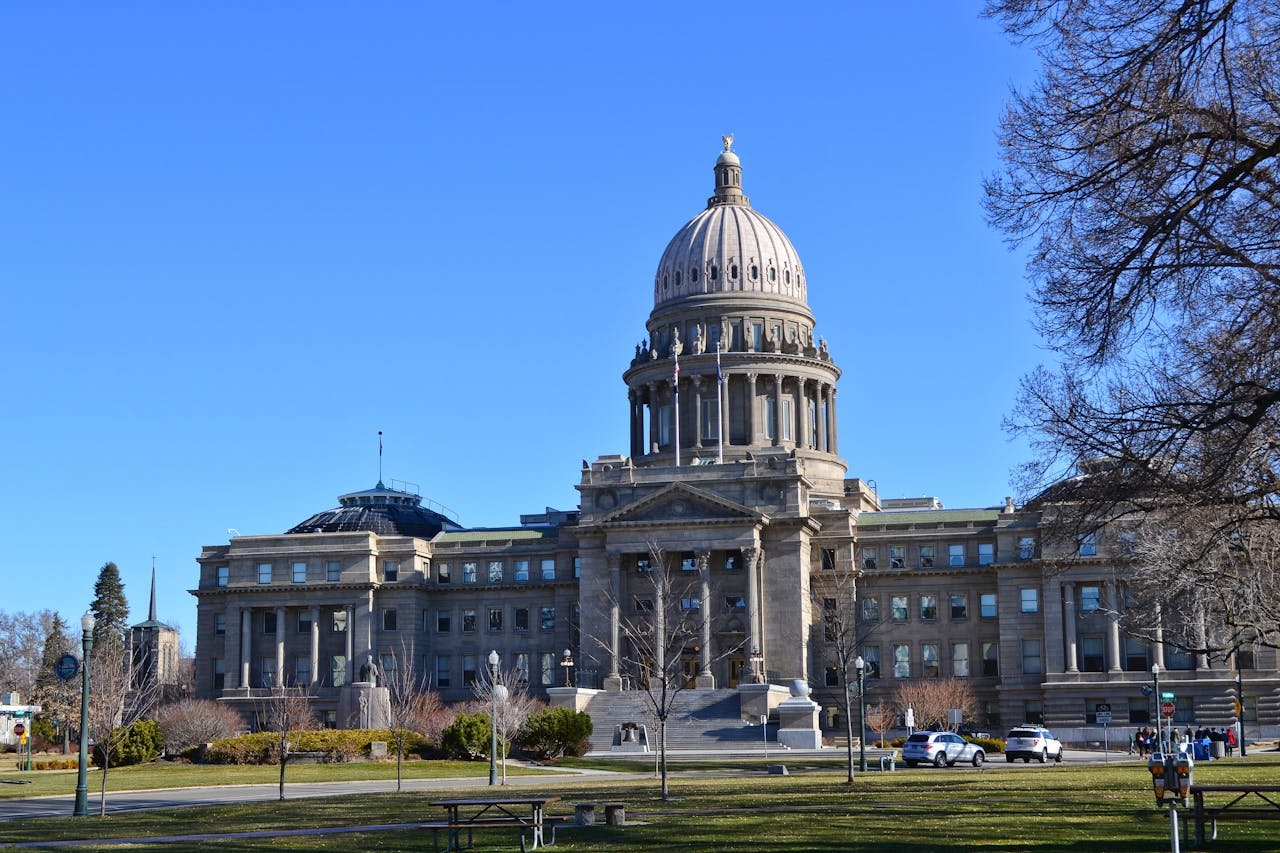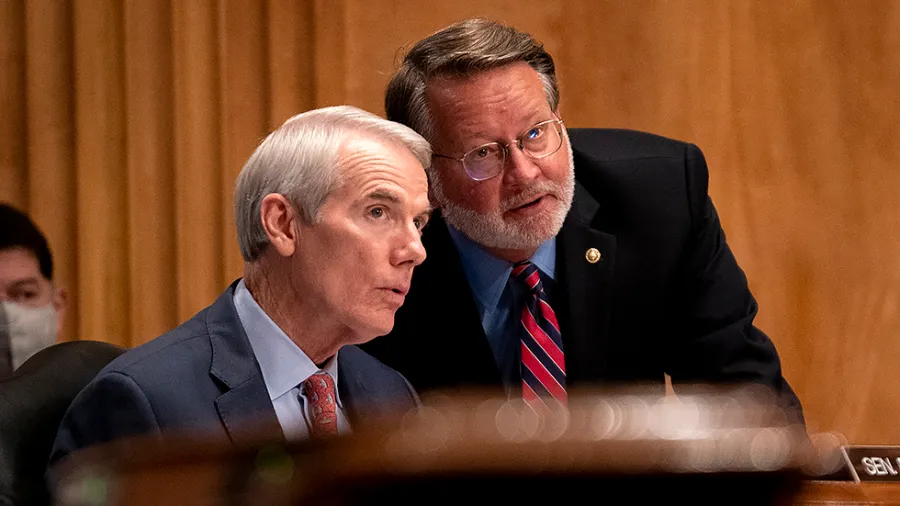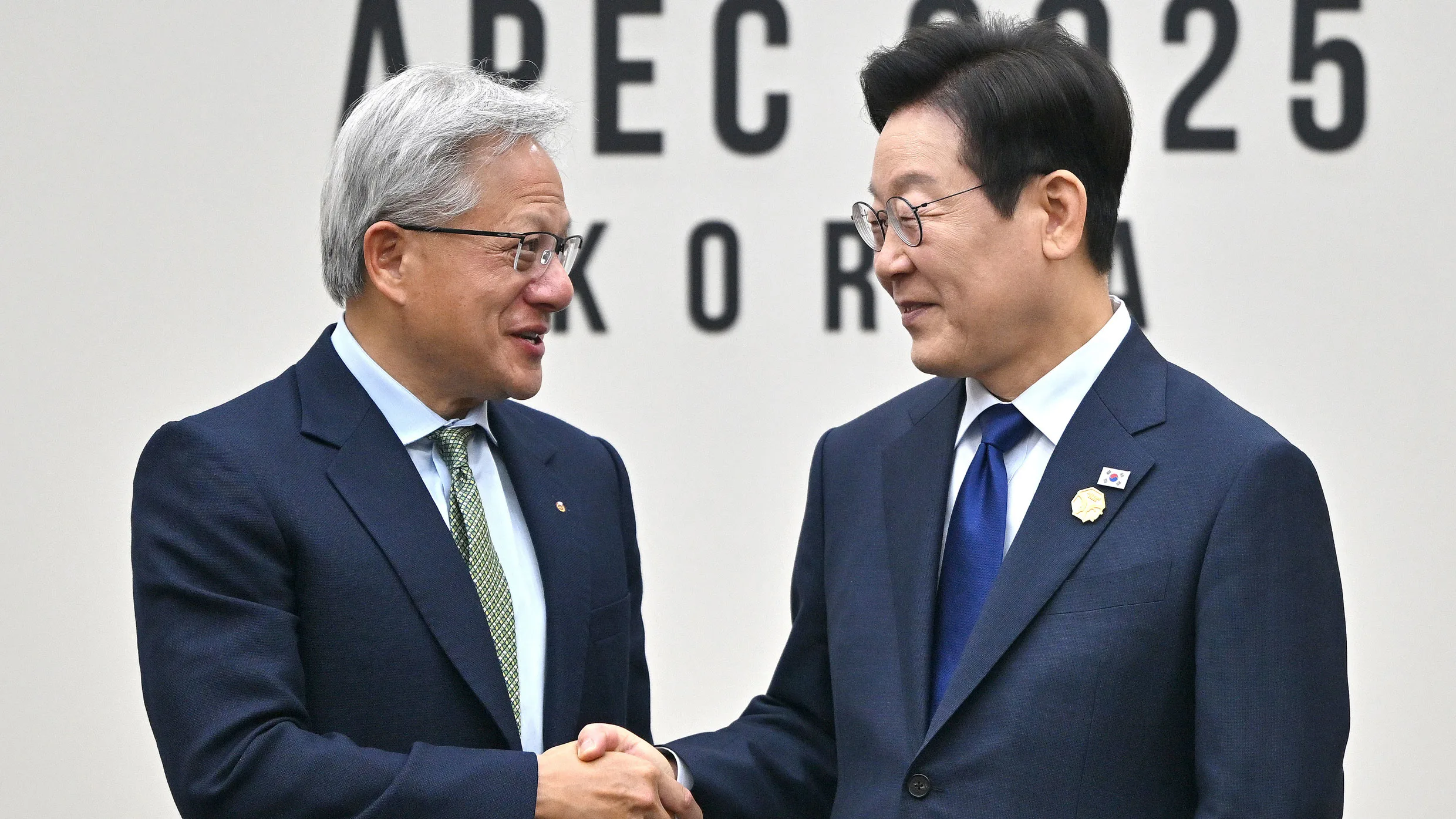As the 2024 election season approaches, the increasing prevalence of deepfake technology is raising alarm bells among experts and institutions. A recent report by Moody’s highlights the potential for deepfakes to undermine institutional credibility and the overall democratic process.
The Growing Threat of Deepfakes
Deepfakes, synthetic media created using artificial intelligence (AI), have become increasingly sophisticated and accessible. These falsified videos and audio recordings can convincingly depict individuals saying or doing things they never actually said or did. This technology, initially a novelty, has quickly evolved into a tool for misinformation and manipulation.
Impact on Elections
Moody’s report emphasizes the risk deepfakes pose to electoral integrity. By spreading false information about candidates, policies, or election processes, deepfakes can significantly impact voter perceptions and behavior. The report warns that the widespread dissemination of such content could erode public trust in democratic institutions and processes, leading to increased political instability.
Institutional Responses
In response to these threats, various institutions are ramping up their efforts to combat deepfakes. Social media platforms are implementing more robust detection algorithms, while government agencies are investing in research to develop more effective countermeasures. Additionally, organizations like the National Institute of Standards and Technology (NIST) are collaborating with industry leaders to create standards and best practices for identifying and mitigating the impact of deepfake content.
Ethical and Legal Challenges
The fight against deepfakes also raises significant ethical and legal challenges. Balancing the need for effective countermeasures with the protection of free speech and privacy rights remains a delicate task. Legislators and policymakers are working to develop regulations that address the misuse of deepfakes without stifling innovation and legitimate uses of AI technology.
Conclusion
As deepfake technology continues to evolve, the stakes for maintaining the integrity of democratic processes have never been higher. The insights from Moody’s report underscore the urgent need for comprehensive strategies to detect and counteract deepfake content. By fostering collaboration between technology developers, policymakers, and civil society, we can mitigate the risks posed by this powerful technology and protect the foundations of our democratic institutions.






